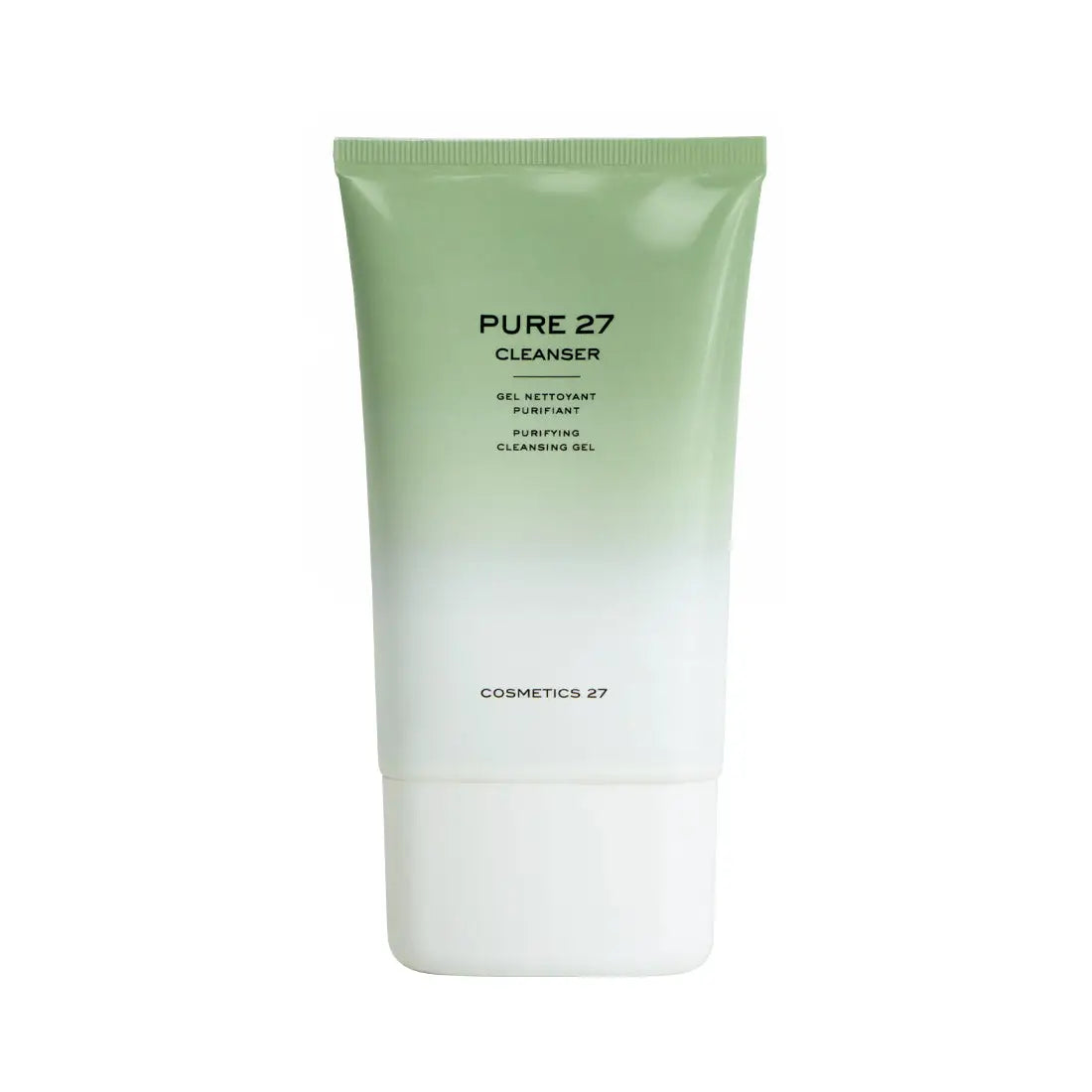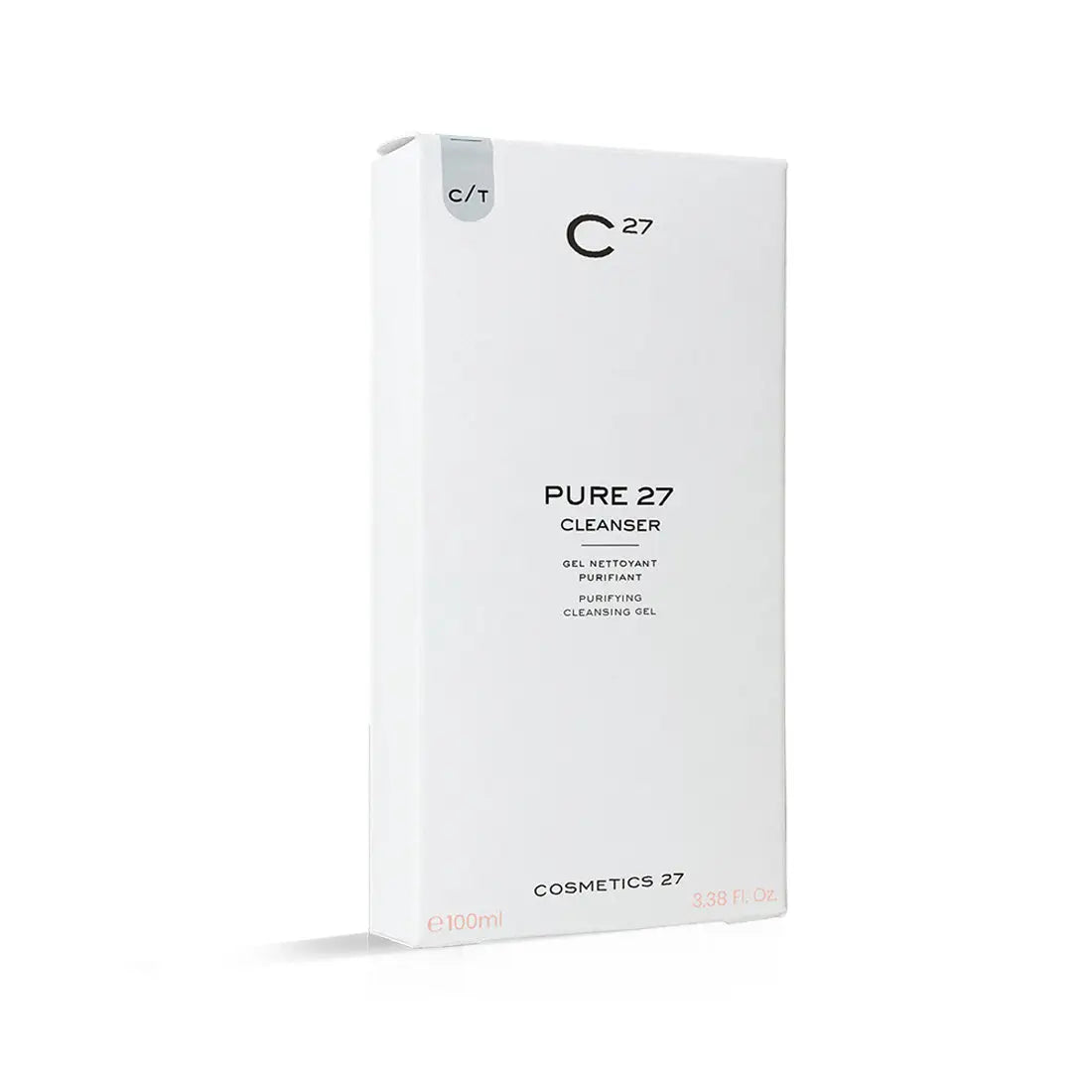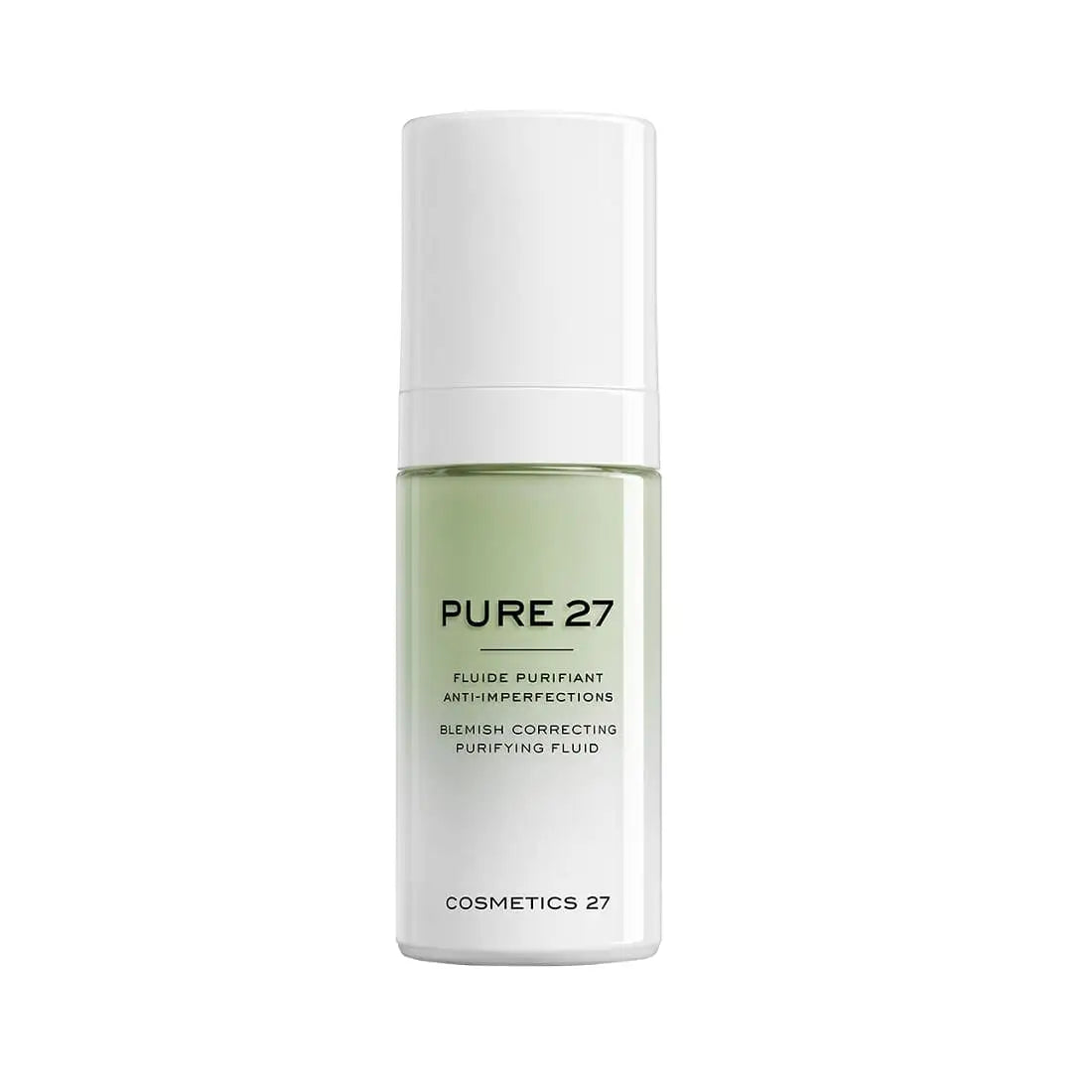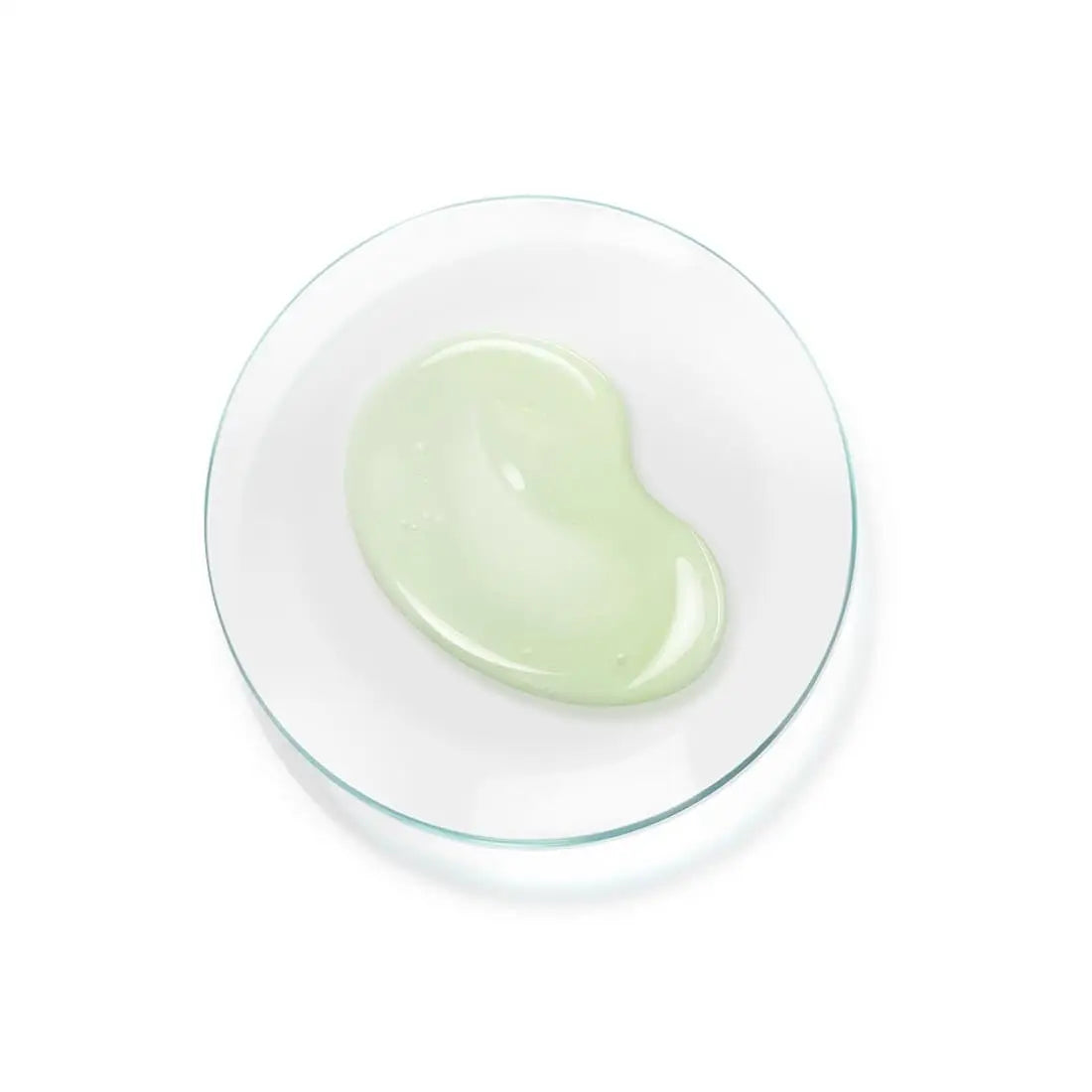Looking for a beauty skin care routine that will keep your skin blemish-free and glowing? Look no further than Cosmetics27 skincare products that are designed to help you achieve perfect skin, every day.
Cosmetics27 brand was created with the belief that beauty should be simple, and all products are carefully formulated with organic, high-quality ingredients to help you achieve healthy, radiant skin.
With a daily beauty routine that includes the bestselling anti-blemish cleanser and acne treatment fluid, you can be sure that your skin will be soft, supple, and clear.
Cosmetics27 Anti-blemish skin routine is best for you if you have acne prone skin and your main concerns are blemishes, pimples, clogged pores and inflammatory redness. Some areas seem to be "oily", and have areas of excess oil production and large pores.
Other Cosmetics 27 Routines:
Follow this skincare routine every day to achieve perfect, blemish-free skin and prevent future breakouts:







